Peanut butter is a popular treat that many pet owners give to their dogs, and it’s easy to see why—dogs love it! This creamy, nutty snack can be a great source of protein, healthy fats, and vitamins when given in moderation. Just like all natural ingredients we give to dogs, its important to take measures to understand how much is safe, and what to look out for.
However, not all peanut butter is safe for dogs, so it's essential to know what to look for when choosing a brand. Additionally, while peanut butter offers benefits, it’s important to be mindful of portion sizes and any potential health risks. Let’s explore the benefits and precautions when giving peanut butter to your dog.
- Can Dogs Eat Peanut Butter?
- The Ingredients Used in Peanut Butter
- The Dangers of Xylitol in Your Dog's Peanut Butter
- Key Considerations When Giving Dogs Peanut Butter:
- Benefits of Peanut Butter for Pups
- The Danger of Xylitol in Peanut Butter
- Conclusion
- Frequently Asked Questions About can dogs eat peanut butter
Can Dogs Eat Peanut Butter?
As a dog owner, you've probably wondered if sharing some peanut butter with your furry friend is okay. Yes, it's okay as most dogs can eat peanut butter in moderation without any issues. This nutty spread can even provide some valuable nutrients for your pup when chosen carefully.
Let's take a closer look at the key ingredients in peanut butter to understand the potential benefits as well as risks for our dogs eat peanuts.
The Ingredients Used in Peanut Butter
-
Peanuts: Peanuts are the primary ingredient in peanut butter., they are rich in protein, healthy fats, and fiber. They also contain various vitamins and minerals, including B vitamins, vitamin E, magnesium, and zinc.
-
Oil: Some peanut butter brands add oil to their product to achieve a smoother texture. The type of oil used can vary, but it's usually a vegetable oil.
-
Sugar: Sugar is often added to peanut butter to enhance its taste. While a small amount of sugar is unlikely to harm a dog, excessive amounts can lead to obesity and other health problems.
-
Salt: Salt is another common additive in peanut butter. While dogs need some sodium in their diet, too much can be harmful.
-
Xylitol: Xylitol is a sugar substitute often found in sugar-free products like chewing gum, toothpaste, breath mints, chewable vitamins, and baked goods. It is safe for people, but extremely toxic to dogs.
The Dangers of Xylitol in Your Dog's Peanut Butter
Why is Xylitol Dangerous to Dogs?
Xylitol, a sugar substitute found in many sugar-free products, poses a serious risk to dogs. While it is safe for humans, it can be highly toxic to our canine companions. Here’s why:
-
Rapid Insulin Release: When dogs ingest xylitol, it triggers a swift release of insulin from the pancreas. This sudden increase in insulin causes a dramatic drop in blood sugar levels, leading to hypoglycemia (low blood sugar). Symptoms of hypoglycemia can appear within 30 minutes and may include vomiting, lethargy, loss of coordination, and seizures.
-
Potential Liver Damage: In severe cases, xylitol poisoning can lead to liver damage or failure. The liver is responsible for metabolizing xylitol, and an excessive amount can overwhelm this process, causing severe liver issues that can be life-threatening.
-
Doses and Toxicity Levels: Even small amounts of xylitol can be harmful, with toxicity varying depending on the size of the dog and the amount ingested. Products containing xylitol, such as sugar-free gum, candies, and some baked goods, can be particularly dangerous if a dog consumes them.
If you suspect your dog has ingested xylitol, it’s crucial to seek veterinary attention immediately. Prompt treatment can significantly improve the chances of a positive outcome. Always check ingredient labels and keep xylitol-containing products out of your pet’s reach to prevent accidental poisoning.
Key Considerations When Giving Dogs Peanut Butter:
-
Moderation is Key: If you decide to give your dog peanuts, do so in moderation. A few plain, unsalted, and unflavored dry roasted peanuts are generally safe as an occasional treat.
-
Check Ingredients: Always ensure that the peanuts do not contain any harmful additives or seasonings.
-
Observe for Allergies: Some dogs may have peanut allergies or sensitivities. Monitor your dog for any adverse reactions when introducing peanuts into their diet.
In summary, dry roasted peanuts can be a better option compared to those with added fats or seasonings, but they should still be given in moderation and with caution. Always consult your veterinarian before making any significant changes to your dog’s diet.

Benefits of Peanut Butter for Pups
As a devoted dog owner, you want to give your furry friend the best of everything, including the tastiest and most nutritious treats. This dog peanut butter spread can provide some excellent health benefits when fed properly and in moderation.
1. Packed With Protein
One of the biggest nutritional advantages of dogs peanut butter is its high protein content. Protein is an essential macronutrient that builds and repairs tissues like muscles, skin, nails, and more. It's especially crucial for active dogs and growing puppies.
The protein in peanut butter is high-quality and provides all the essential amino acids dogs need like phenylalanine, tryptophan, and lysine. This makes it an excellent plant-based protein source to supplement their diet.
2. Healthy Fats
You've probably heard that too much fat is bad for dogs. But not all fats are created equal. Research shows that creamy peanut butter has unsaturated fats, which are much healthier.
These healthy fats provide energy, promote healthy skin and coat, aid nutrient absorption, and support other vital functions. The unsaturated omega-3 and omega-6 fatty acids are especially beneficial.
Just be cautious with portion sizes, as these good fats are still calorie-dense and too much can lead to weight gain.
3. Key Vitamins and Minerals
In addition to protein and fats, studies find that a peanut butter treat is a good source of various essential vitamins and minerals that support overall health in dogs. These include:
-
Vitamin E: An antioxidant that protects cells from damage
-
B Vitamins: Play roles in metabolism, red blood cell production, healthy skin/coat, and more
-
Niacin: Specifically aids fat and glucose metabolism for energy
-
Magnesium: Supports bone/muscle health, protein production and nerve function
-
Phosphorus: Works with calcium to build strong bones and teeth
-
Zinc: Vital for immune function, wound healing, and thyroid health
While dogs shouldn't rely solely on peanut butter for their vitamin and mineral needs, it can be a good complementary source for the occasional treat.
4. Fiber for Healthy Digestion
Natural peanut butter contains a decent amount of fiber, including both soluble and insoluble types. Fiber promotes good digestion by regulating bowel movements and feeding the beneficial gut bacteria that aid nutrient absorption.
The soluble fiber in particular may help reduce diarrhea episodes and even lower the risk of colon cancer in dogs. Just be cautious about introducing too much fiber too quickly, as it can initially cause gas or loose stools.
4. A Tasty Pill Pocket
Peanut butter makes an excellent, tasty disguise for bitter capsules or tablets. Simply wrap the pill in a small scoop of peanut butter, form it into a bite-sized treat and your pup will happily lick it up. The sticky texture helps everything bind together nicely.
Dry roasted peanuts are not inherently better or worse for dogs than other types of peanuts, but there are several factors to consider:
The Danger of Xylitol in Peanut Butter
Xylitol is a sugar substitute commonly used in many "sugar-free" products like gum, candy, baked goods, and even some peanut butter brands. While xylitol is considered safe for people, it can have severe, even life-threatening effects in dogs.
In humans, xylitol is slowly absorbed and doesn't significantly impact insulin or blood sugar levels. But in dogs, that's not the case at all. When a dog ingests xylitol, it rapidly enters their bloodstream and triggers a potent release of insulin from the pancreas.
This insulin spike then causes profound hypoglycemia: a dangerous drop in blood sugar. Symptoms can set in quickly, appearing within 30 minutes to 12 hours after xylitol ingestion. Mild cases may just cause weakness and lethargy, but severe hypoglycemia can lead to seizures, liver failure, and even death without immediate veterinary treatment.
Part of this problem stems from xylitol being added to an increasing number of products beyond just gum and candy. Unsuspecting owners may unknowingly feed their dogs xylitol-containing foods like certain peanut butter brands.
Identifying Xylitol in Peanut Butter
This is where reading ingredient labels is essential. Xylitol can go by many different names like birch sugar, birch bark extract, wood sugar, and more. So you can't just look for that one word.
The only way to ensure the peanut butter treat you're feeding your dog is xylitol-free, is to diligently scan the full ingredient list every single time before purchasing.
Conclusion
At the end of the day, a peanut butter treat can be worked into a healthy diet for most dogs when given in proper moderation. The key is simply sticking to vet-recommended portion sizes based on your dog's size and individual needs, selecting natural products without risky additives, and thinking of peanut butter as an indulgence rather than a daily dietary staple.
Frequently Asked Questions About can dogs eat peanut butter
How much peanut butter can dogs safely eat?
Most dogs can have small amounts of peanut butter as an occasional treat, typically about 1/2 teaspoon for small dogs and 1 teaspoon for larger dogs.
What ingredients should I avoid in peanut butter for dogs?
Avoid peanut butter that contains xylitol, added sugars, or excessive salt, as these ingredients can be harmful to dogs.
Can peanut butter be used to give dogs medication?
Yes, many owners use a small amount of peanut butter as a pill pocket to help dogs take medication more easily.
Is crunchy peanut butter safe for dogs?
Crunchy peanut butter is generally safe for dogs, but avoid it for small dogs or dogs that have difficulty chewing.
Can dogs be allergic to peanut butter?
Yes, some dogs can develop allergies to peanuts or peanut butter, so monitor for itching, swelling, or digestive upset when introducing it.

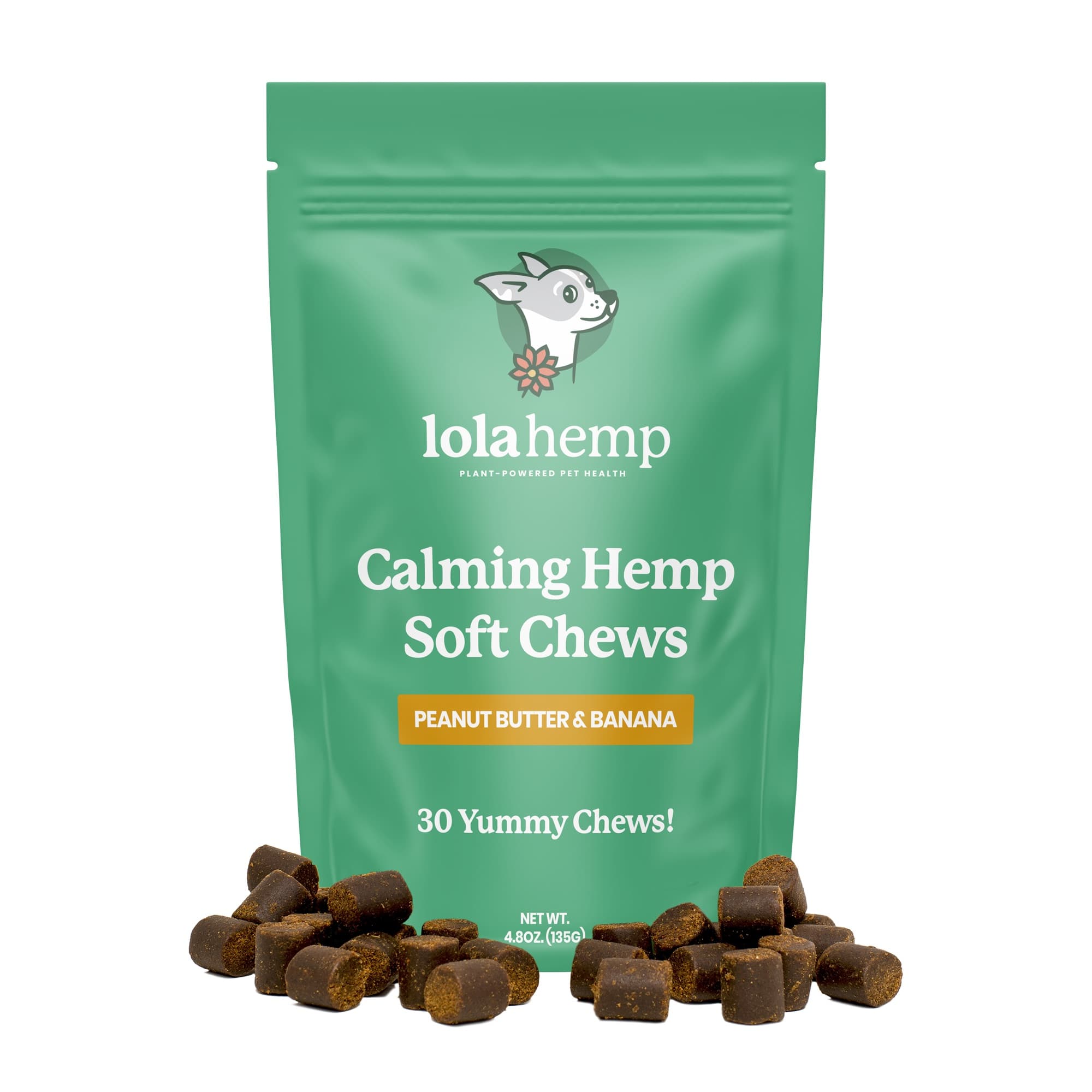
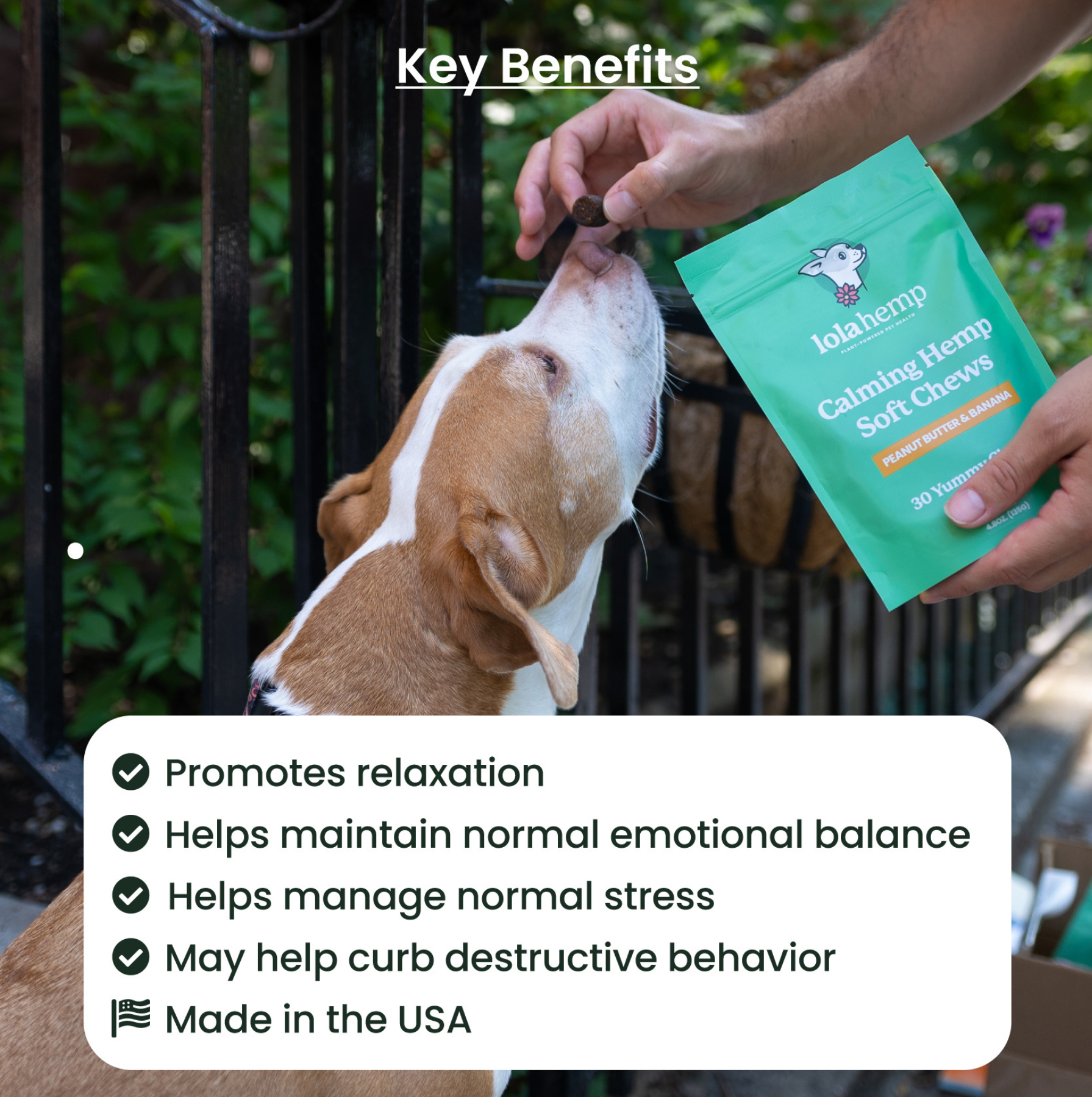
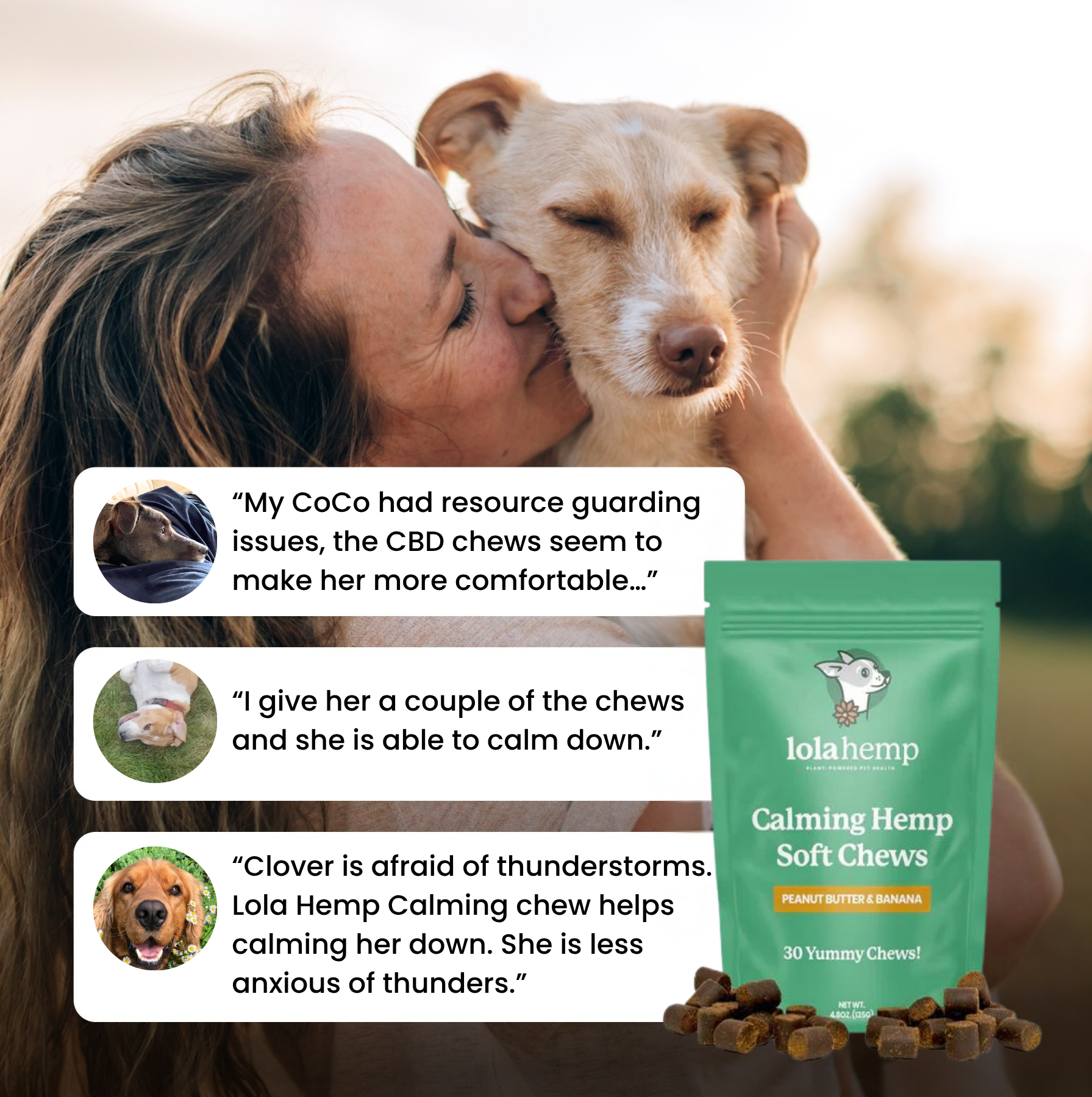
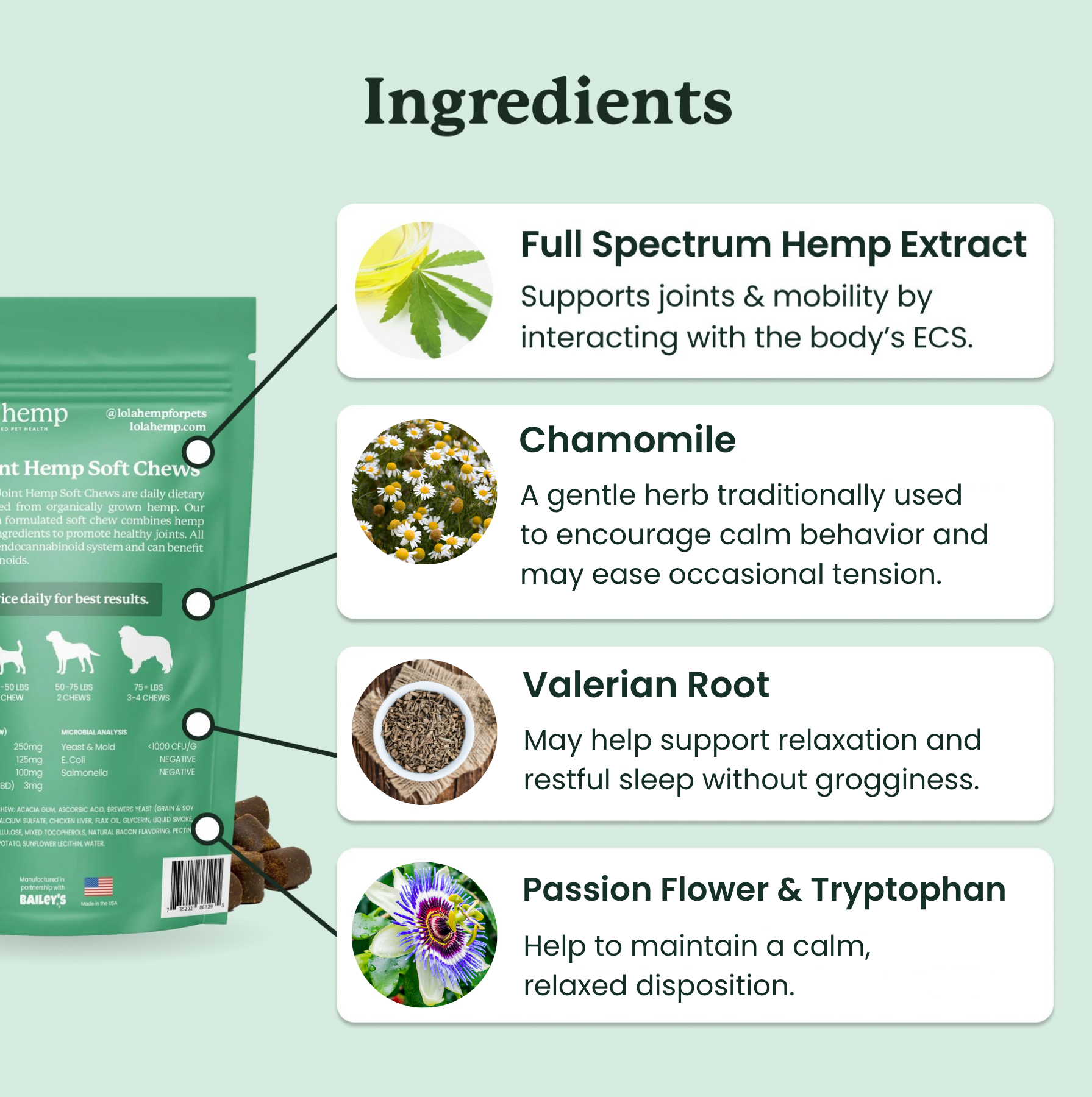
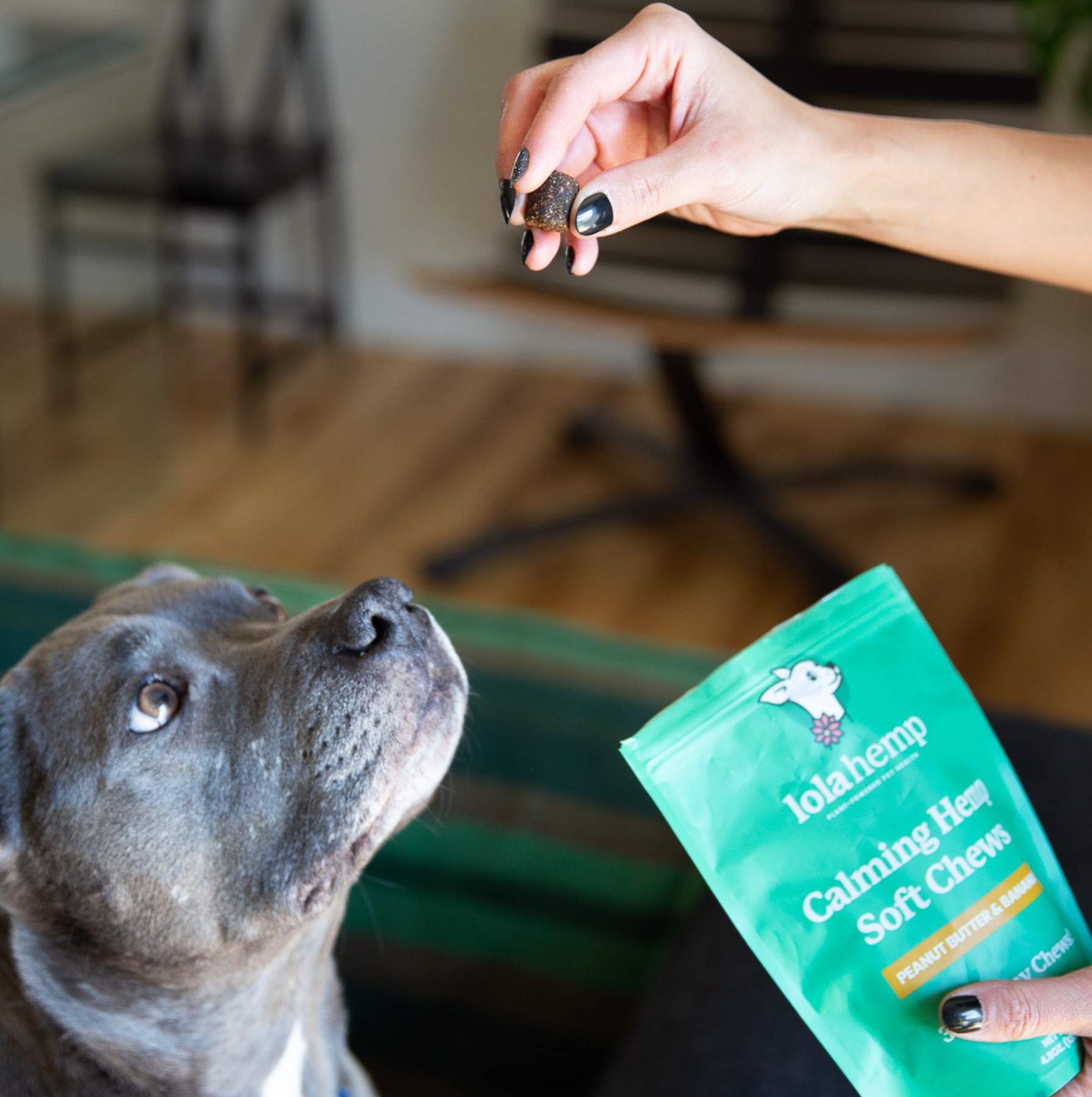
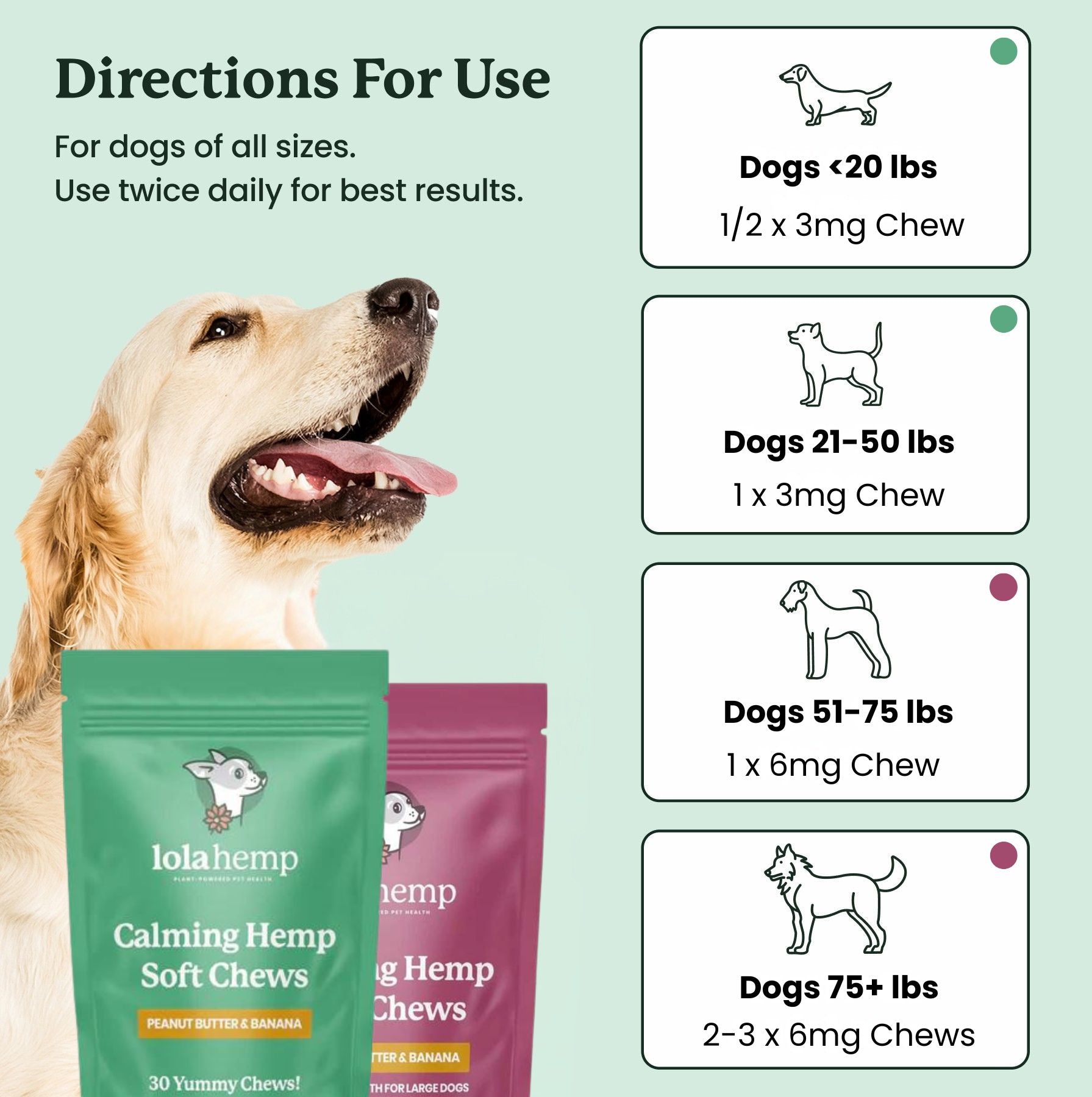

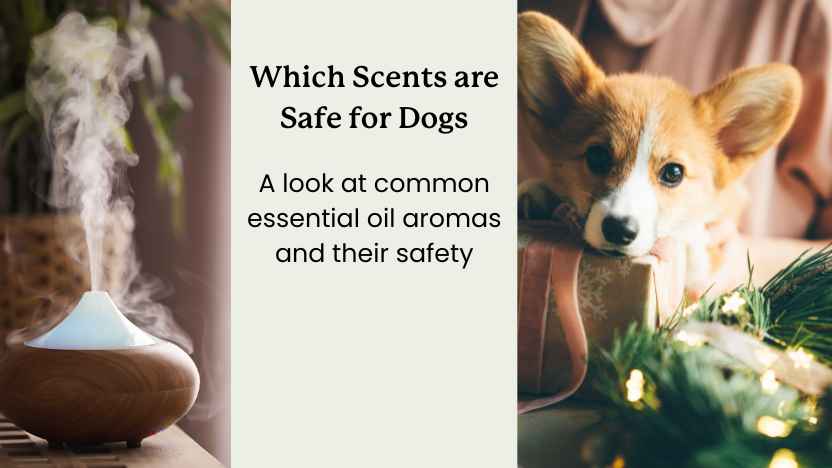

Comment
I am so happy to read your article about peanut butter. I had no idea about feeding amounts. Although, I have never fed any of my dogs PB, I did have a cat that went crazy every time I had PB and wanted to lick out the whole jar. One teaspoon was not enough for the cat. She lived to be a graceful age of 21.Thank you.